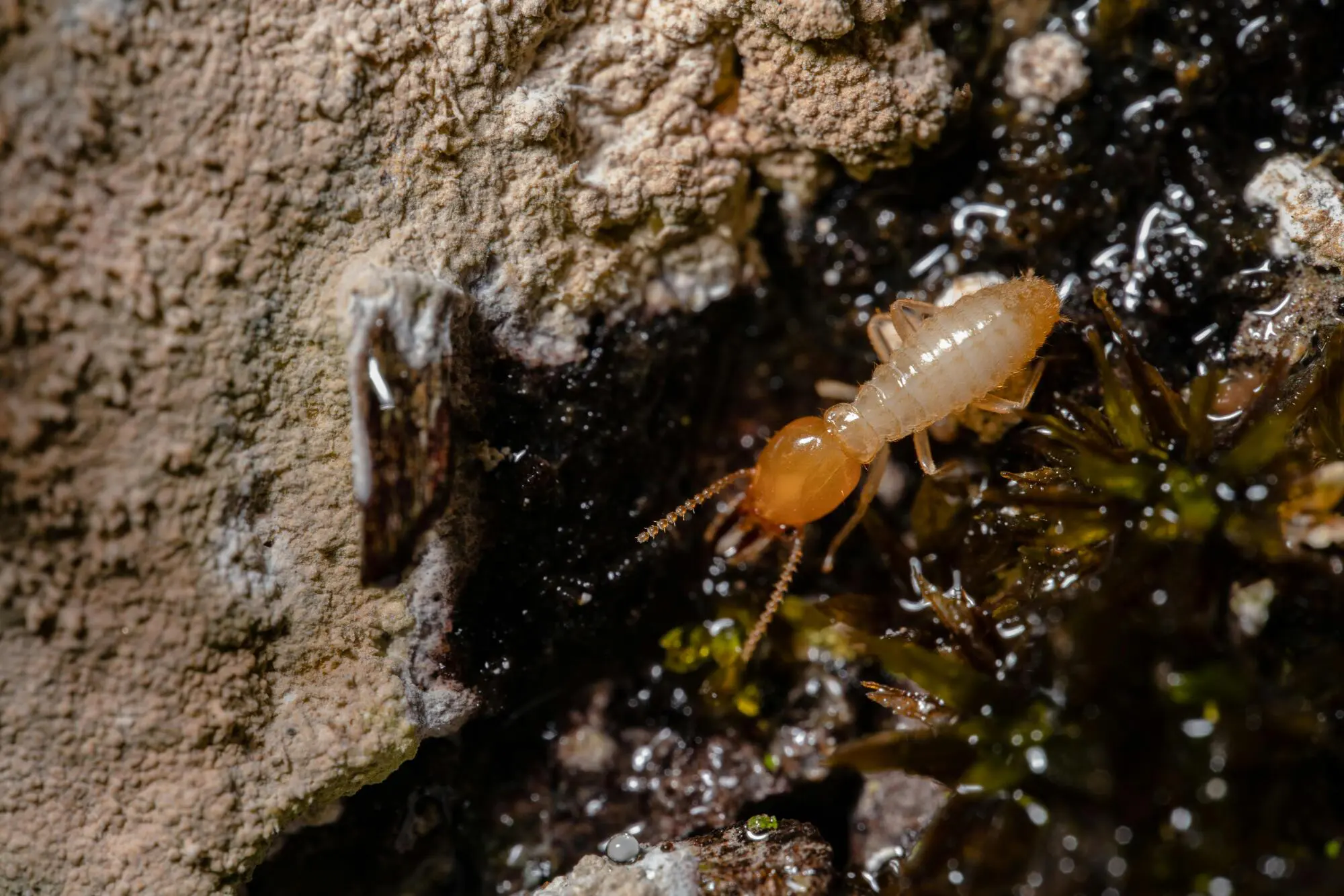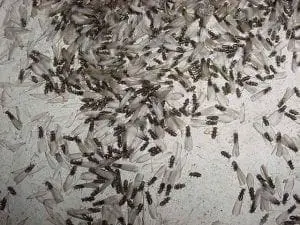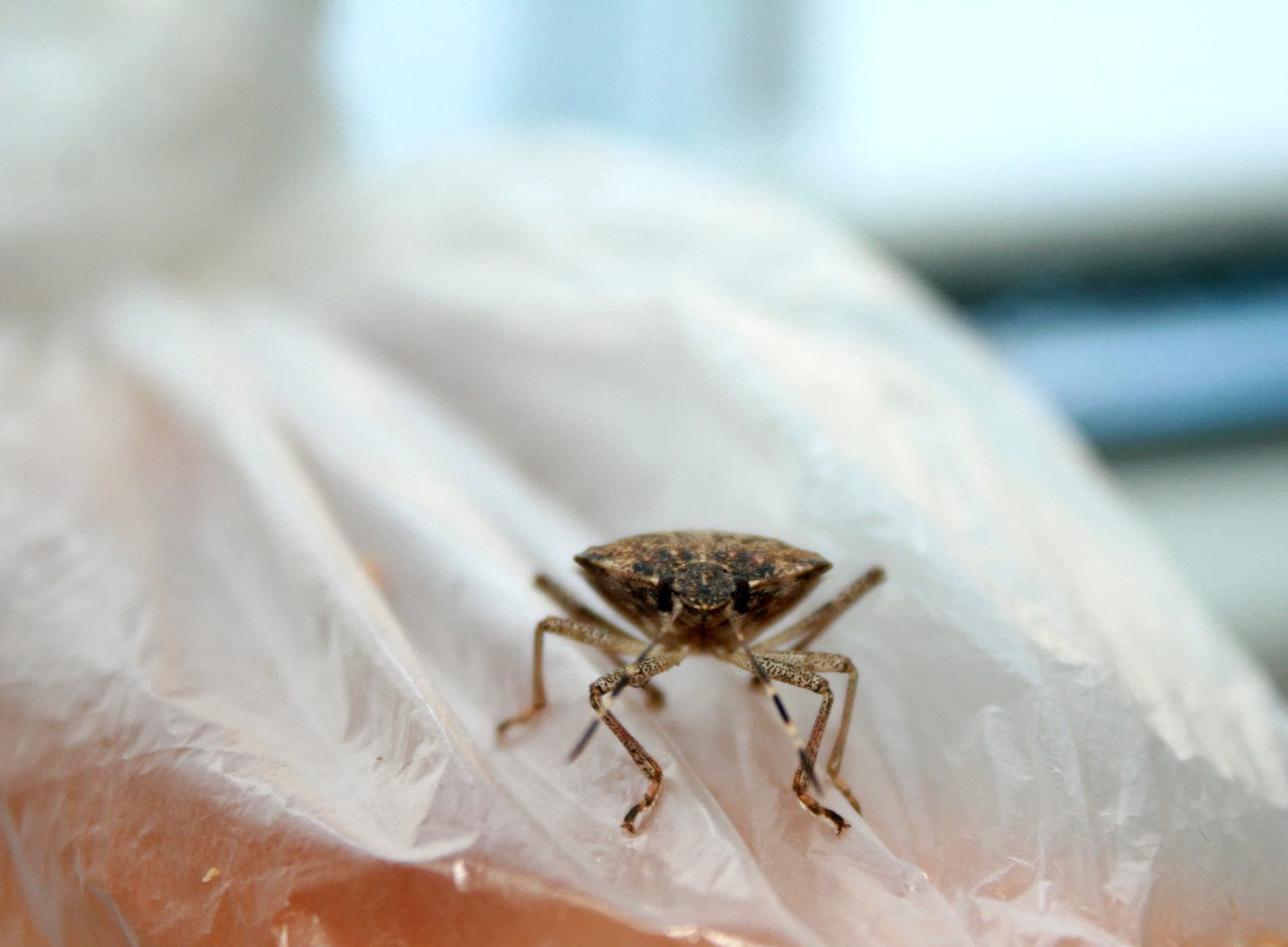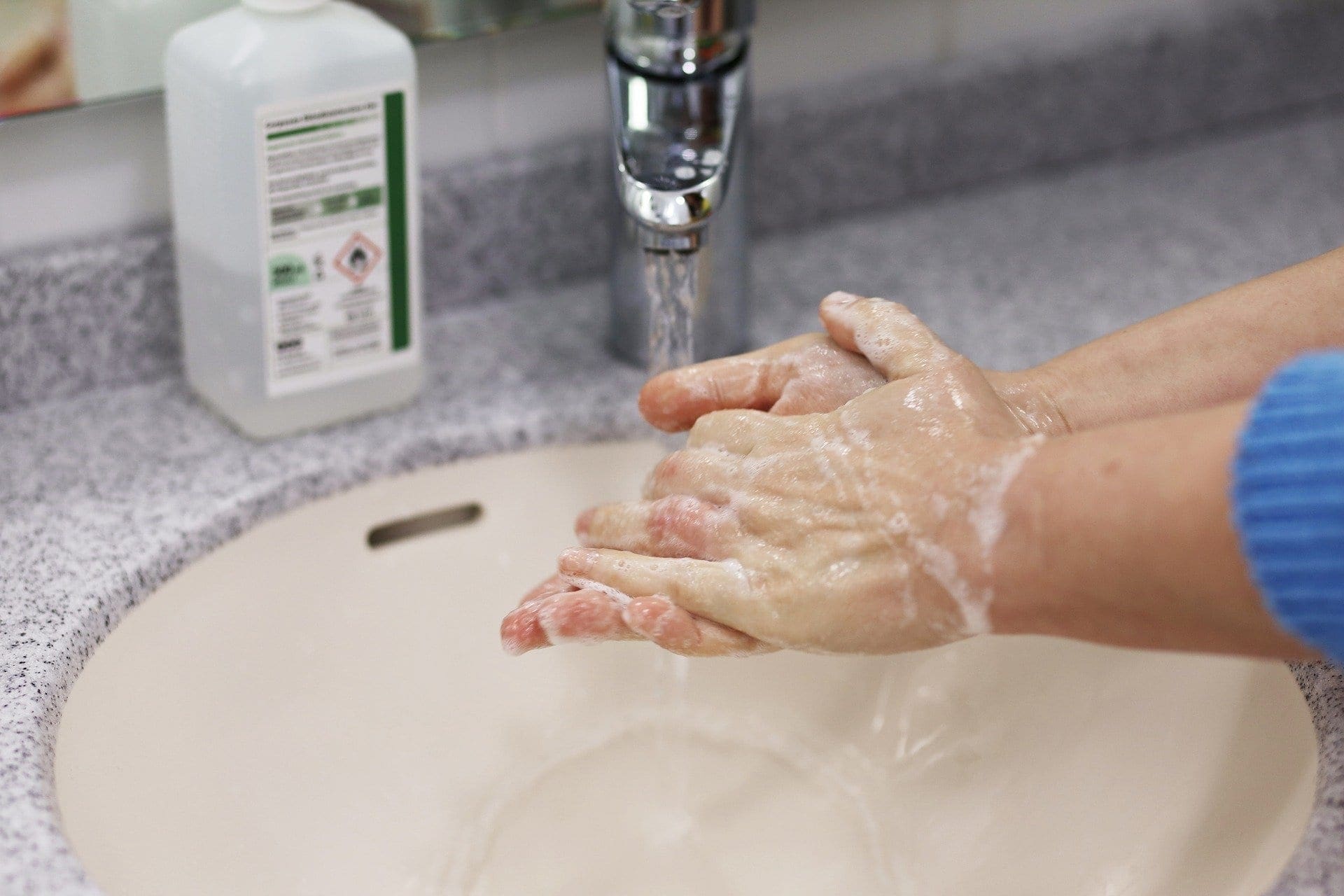You’ve finally found it: a charming mid-century home with original hardwood floors and just enough space to grow into. But a routine inspection throws a wrench into your plans: termites.
Suddenly, you’re weighing every option, from spot treatments to full-scale fumigation. Is tenting worth the hassle, or is it just a dramatic flair?
Termites don’t negotiate, and delaying the right solution can turn cosmetic damage into a structural disaster. If you’re wondering whether fumigation works or if it just sounds like overkill, we can help.
Read on to find out whether fumigation services in Tampa are helpful for pest control.
Property Protection Tips: How Fumigation Works
Fumigation is a whole-structure treatment designed to eliminate termites hidden deep within:
- Wood
- Walls
- Flooring
- Foundations
- Columns
The process begins with enclosing the entire building, typically using large tarps or tents that create a sealed environment.
This containment allows for the controlled release of a gas, commonly sulfuryl fluoride, which disperses evenly throughout the structure. Because the gas penetrates porous materials and crevices, it can reach termites no matter where they’re hiding. The treatment doesn’t rely on direct contact with the pests.
Instead, the fumigant acts at a molecular level, disrupting the termites’ respiratory systems and effectively killing them, including eggs, larvae, and adult members of the colony. Unlike sprays or baiting systems that require termites to encounter or ingest the product, fumigation works through exposure, making it uniquely suited for infestations that are widespread or difficult to detect.
After a carefully timed exposure period, the structure is ventilated to remove all traces of the gas. Licensed professionals use sensitive detection equipment to verify that the air inside is safe before residents or employees can re-enter.
Fumigation Advantages
Fumigation stands out as one of the few termite control methods capable of reaching every inch of a structure at once. Unlike spot treatments, which rely on visual detection and localized application, fumigation permeates everything without the need to tear into the building.
This allows it to eliminate termites in hidden or hard-to-reach areas, which is especially useful for drywood termites that embed themselves deep inside the wood they infest.
Another key advantage is its ability to kill termites at all life stages. Eggs, nymphs, and mature colony members are equally vulnerable during a fumigation. That level of coverage reduces the risk of partial colony survival and immediate reinfestation. When done correctly, the process brings infestations to a definitive halt, rather than simply pushing termites to another area of the property.
Speed is another benefit. Once the property is prepped and tented, the treatment itself only takes a few days. That s significantly faster than baiting systems or sequential spot treatments, which can stretch out over weeks or months.
For homeowners, landlords, or businesses that need a quick turnaround with minimal long-term disruption, fumigation delivers both decisiveness and efficiency. Fumigation also removes guesswork. Rather than hoping localized methods catch every nest or trail, the gas saturates the structure entirely, removing the need to identify each infested area.
Choosing a Professional Fumigation Company
Choosing the right fumigation company is critical not just for eliminating the termites, but for ensuring the safety of your home, business, and everyone who enters it afterward. The process involves regulated chemicals, strict safety protocols, and detailed preparation that only a licensed, insured professional can handle with confidence.
Verify the company’s license and credentials. Any reputable fumigation provider should be fully licensed in your state, carry appropriate liability insurance, and have trained technicians certified in structural fumigation.
Don’t hesitate to ask for documentation professional companies expect it and are prepared to provide it.
Experience matters. Companies with a strong track record in your area are more likely to be familiar with:
- Local termite species
- Climate conditions
- Regional building codes
- Common entry points
- Construction styles
They’ll also be more efficient in identifying high-risk zones and tailoring the fumigation process to match the property s size and layout. Look for reviews that go beyond surface-level praise.
Pay attention to how the company handles communication, preparation guidelines, and post-treatment follow-up. Transparent pricing and detailed planning are also essential.
A qualified company will conduct a thorough inspection before offering a quote and explain every step of the process, from pre-fumigation preparation to re-entry timelines. They should provide a written estimate and be available to answer questions about the fumigant used and its effectiveness against your specific termite problem.
Avoid companies that push for immediate fumigation without a proper inspection. While fumigation is powerful, it’s not always the right approach for every infestation. A trustworthy company will assess whether fumigation is necessary or if a less intensive method may achieve the same results. That kind of professional judgment signals a company that’s focused on solving your problem, not just selling a service.
Incorporating Other Pest Control Methods
While fumigation can eliminate a termite infestation effectively, it s often just one piece of a broader pest control strategy. Long-term protection requires a multi-layered approach that addresses both existing problems and future risks.
Ongoing inspections and localized spot treatments also play an important role, especially in areas prone to recurring infestations. After fumigation, pest control professionals often recommend sealing cracks and addressing wood-to-soil contact around the property to reduce future access points. Even indoor humidity control can make a difference, since moisture attracts termites and accelerates wood decay.
Technology can also support long-term termite management, such as:
- Smart sensors
- Moisture meters
- Remote monitoring systems
- Digital inspection records
These can detect early signs of activity, giving homeowners and professionals a head start before termites take hold again. In high-risk regions, scheduled maintenance programs that include regular inspections, touch-up treatments, and environmental adjustments offer an added layer of insurance.
Tampa Fumigation Services: Invest
Fumigation services can be a vital step for pest prevention. So, what are you waiting for?
At Chet’s Termite & Pest Management, we don’t send out random techs with generic treatments. We send seasoned experts trained by Chet himself. With over 30 years of trusted service in Tampa Bay, we back our work with a FREE 57-point inspection.
No vague windows, no call center robots, just clear answers, honest advice, and a termite crew that knows your home as well as you do. Call today to schedule your inspection and meet the team that gets it right the first time.




